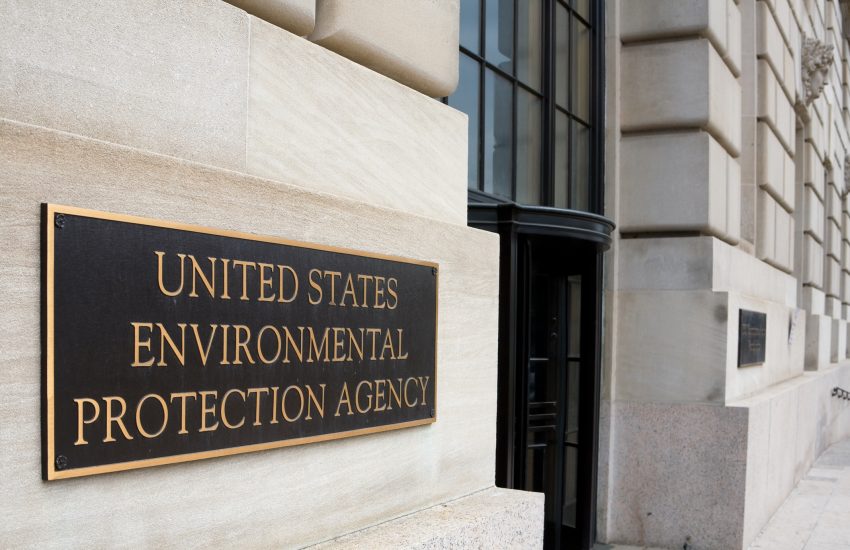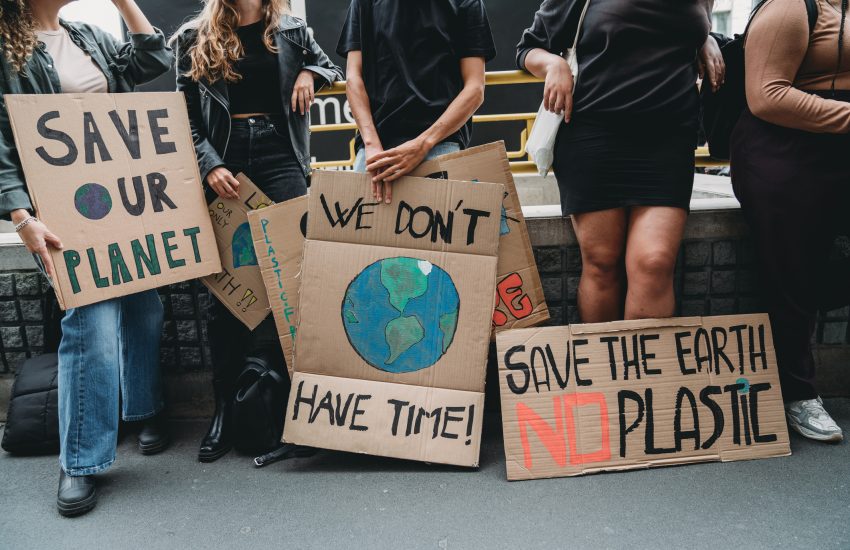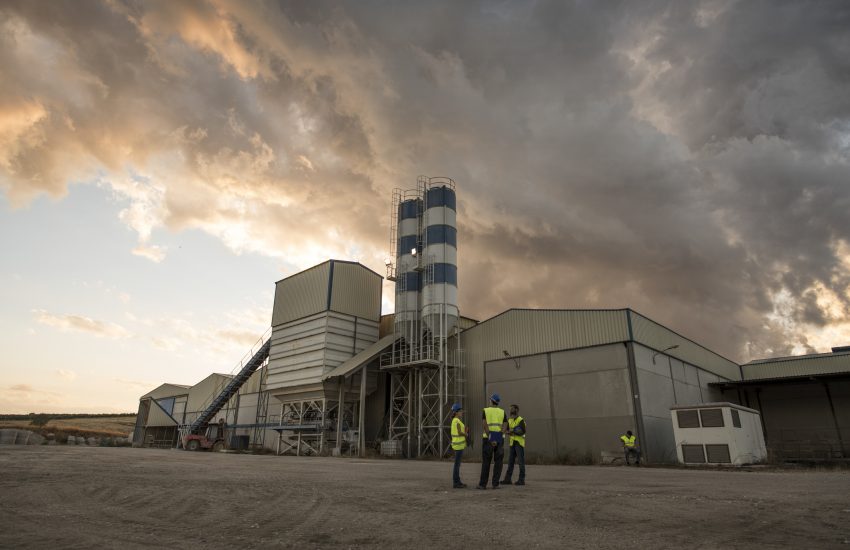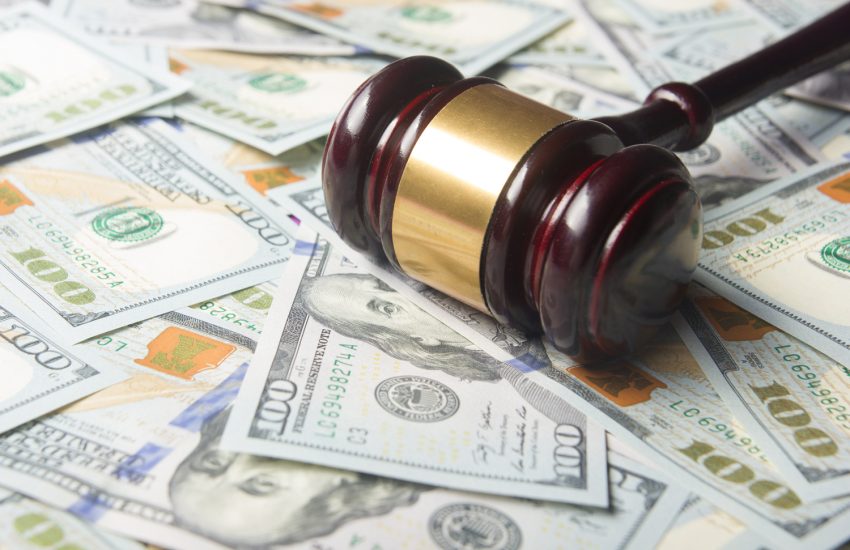On September 7, 2023, the U.S. Environmental Protection Agency announced that it was updating its Freedom of Information Act (FOIA) regulations through its Phase II FOIA final rule. This “modernization,” is part of EPA’s continued efforts to advance transparency – here, by improving the EPA’s FOIA program through a renewed focus on accountability, affordability, and better access to information for communities of color with environmental justice concerns. The final rule is a wider part of the Biden Administration’s general promise to prioritize consideration of communities …
Continue Reading







